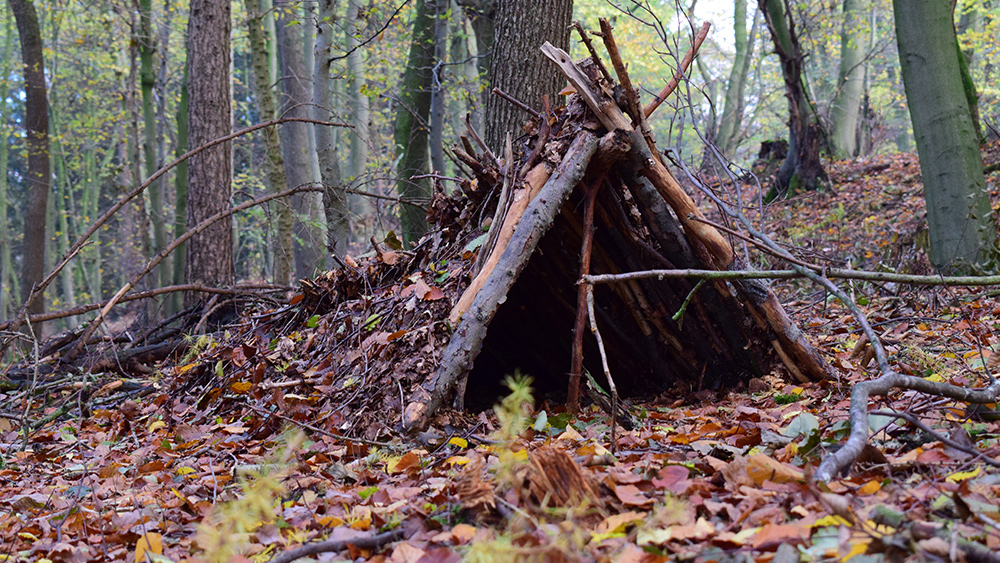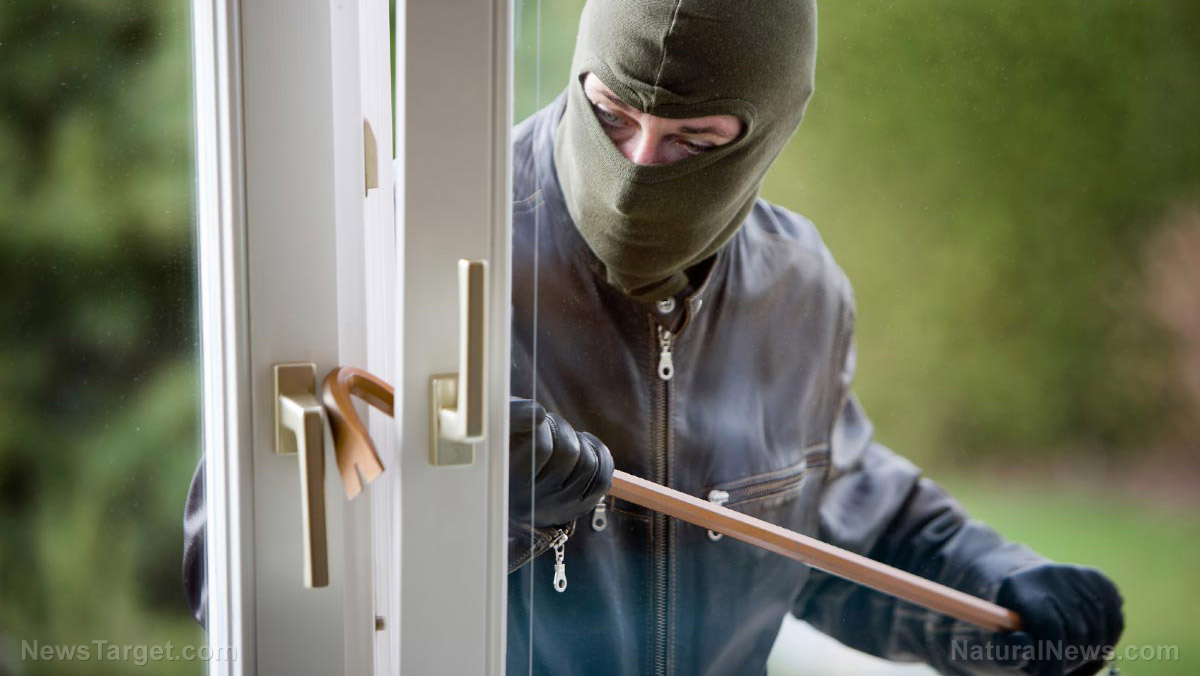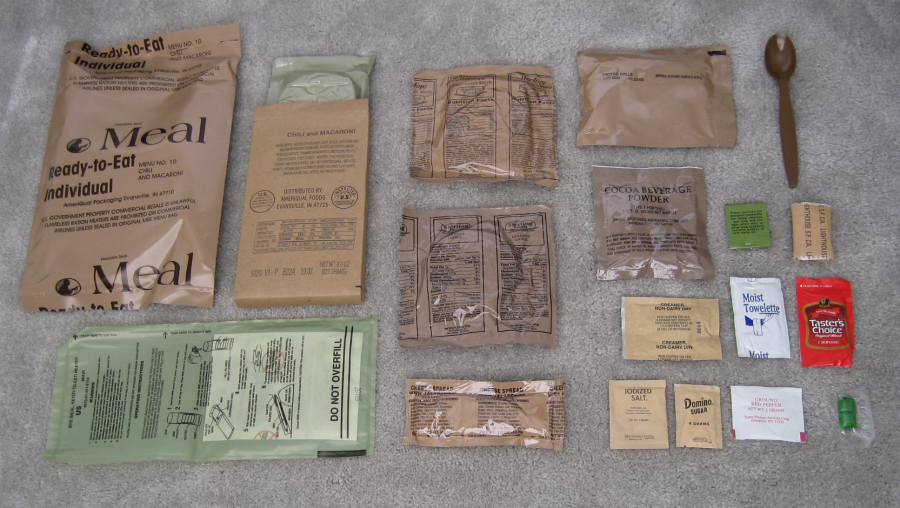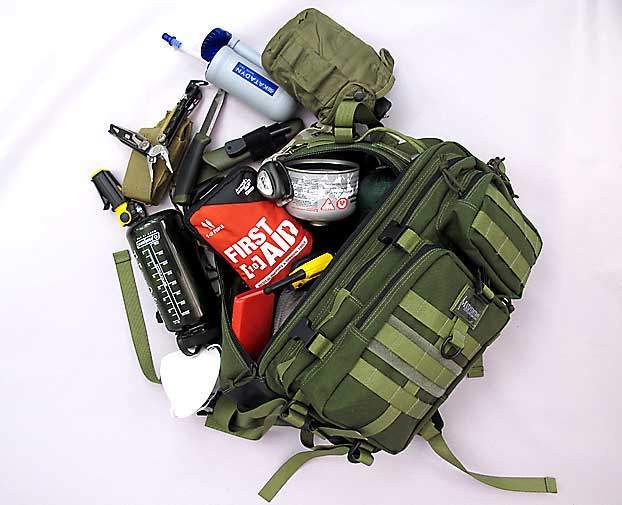The average American thinks they can survive 2 weeks in the wild… but only 17 percent know how to start a fire
06/07/2021 / By Divina Ramirez
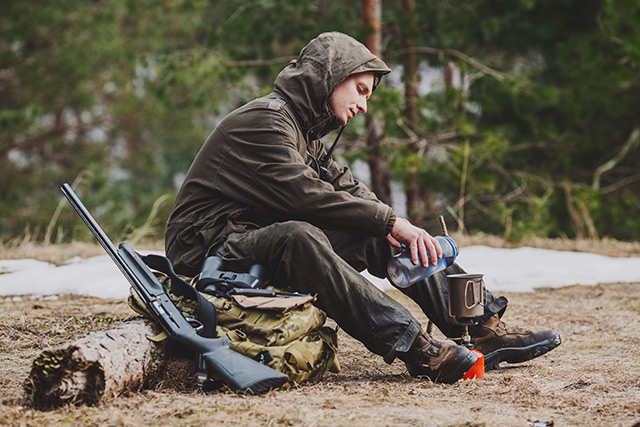
Do you have what it takes to survive in the wild? Think again. According to a recent survey, most Americans feel confident they can survive in the wild for 16 days despite a lack of experience. But when it came down to specifics, respondents turned out to be less prepared than they assumed. In fact, most of them can’t start a fire.
The survey was commissioned by Avocado Green Mattress and involved 2,000 respondents. It revealed that 17 percent of respondents feel “very confident” in their ability to start a fire with flint. Only 14 percent of the respondents feel the same way about their ability to identify edible plants and berries in the wild.
Meanwhile, 52 percent said they are confident in their ability to identify different types of plants and trees. But when asked actually to identify plants and trees, only a quarter of respondents were able to identify a black oak leaf, a large oak common across the eastern and midwestern United States.
Additionally, only 35 percent of respondents could correctly identify poison ivy when shown a picture of it. Poison ivy is found practically everywhere in the U.S. About 85 percent of the population is allergic to poison ivy, while about 10–15 percent is extremely allergic.
That said, 64 percent of respondents could spot maple leaves, while 55 percent spotted ferns. 34 percent could tell the difference between deciduous and coniferous trees.
However, the survey also showed that the past year had given Americans a newfound appreciation for the great outdoors. Mark Abrials, the co-founder of Avocado Green Mattress, said the COVID-19 pandemic had reminded people of just how essential nature is to their physical and mental well-being.
True enough, over half of the respondents said they felt that outdoor or nature activities were the safest way of getting out of the house during the pandemic.
Respondents also reported that they felt more responsibility for taking care of nature. Consequently, they were more willing to help the environment by recycling, picking up litter, conserving water and composting. Meanwhile, others said they’d donate to nature charities, plant trees and help in beach clean-ups.
How to survive in the wild
Most people don’t bother learning survival skills because of how convenient things have become. Today, nearly everything can be done at the touch of a button or screen.
But that won’t always be the case. When SHTF, cell phones and gadgets can only do so much. Necessities, such as food and water, might be difficult to come by. You might even find yourself forced to build a fire, fashion a makeshift shelter or tend to your own wounds and injuries to survive.
But as the survey commissioned by Avocado Green Mattress shows, the majority of Americans aren’t prepared. Don’t let yourself be caught unaware. Here are some important wilderness survival tips that could mean the difference between life and death:
- Don’t panic – You’d be more able to think clearly and develop a plan if you’re calm and composed.
- Build an insulated shelter – An insulated shelter can protect you from the elements. Follow this guide to build one.
- Build a shade shelter – Hot weather and strenuous activity can lead to dehydration fast. If you live in a hot or humid region, protection from heat will matter most. Shade shelters are best suited for such conditions. Making a shade shelter can be as simple as digging a hole deep enough to lie down in.
- Find clean water – Clean water can make all the difference between life and death when SHTF. So it’s important to keep your eyes peeled for clean water. You can collect rainwater or melt snow. (Related: How to disinfect water in a survival situation.)
- Find more than one water source – Water is great for other things, like washing clothes and dishes or cleaning wounds to prevent infection. Look for other sources of water, such as puddles, lakes or streams. Make sure to boil water collected from these sources to kill off harmful microbes.
- Build a fire – You’ll want a fire to stay warm, boil water and cook fish or game. There are many ways to start a fire. The easiest one is to use a lighter or waterproof matches. You can also shave magnesium filings or a car battery to start a fire.
- Learn to knot – Knots can be used as makeshift tools. In hazardous environments like mountains, knots are also very important.
- Make a spear – A makeshift spear can significantly improve your odds of catching a fish or other small animals.
Learn more about wilderness survival tips and skills at Survival.news.
Sources include:
Tagged Under: disaster, disaster survival, outdoor skills, preparedness, prepper, prepping, SHTF, survival, Survival Tips, survivalist, wilderness survival
Get independent news alerts on natural cures, food lab tests, cannabis medicine, science, robotics, drones, privacy and more from NewsTarget.com
Get independent news alerts on natural cures, food lab tests, cannabis medicine, science, robotics, drones, privacy and more from NewsTarget.com
RECENT NEWS & ARTICLES
SHTF.News is a fact-based public education website published by SHTF News Features, LLC.
All content copyright © 2018 by SHTF News Features, LLC.
Contact Us with Tips or Corrections
All trademarks, registered trademarks and servicemarks mentioned on this site are the property of their respective owners.

